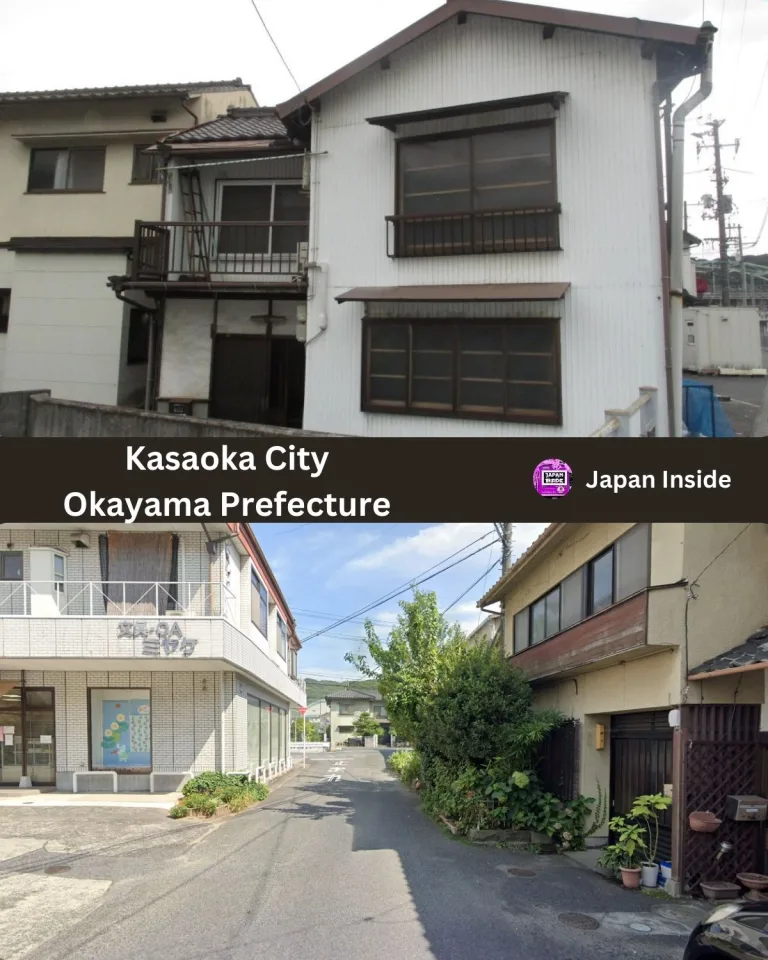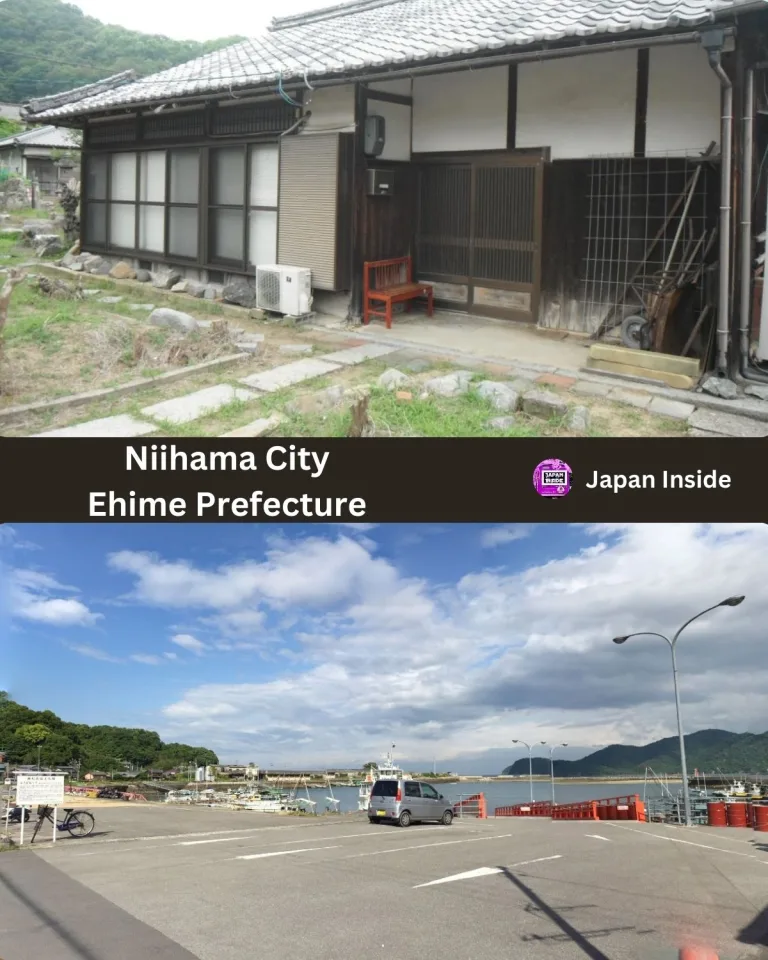Reikin: Japan’s “Gratitude Money” Rental Fee
If you’re an American looking to move to Japan, you may encounter a unique aspect of the Japanese rental system known as reikin (礼金), or “gratitude money.” This non-refundable fee is paid by tenants to landlords upon signing a lease.
In this article, we’ll explore what reikin is, why it exists, and what you need to know before renting in Japan.
What is Reikin?
Reikin is a one-time payment made to the landlord as a sign of gratitude for allowing the tenant to rent the property. It is typically equal to one or two months’ rent, although the exact amount can vary. Unlike security deposits, reikin is not refunded at the end of the rental period.
Check Out These Akiya Deals:
When is Reikin Paid?
Tenants pay reikin to the landlord before moving into the rental property. It is usually paid along with other upfront costs, such as the first month’s rent and security deposit.
Why Did Reikin Become Common Practice?
The origins of reikin are not entirely clear, but there are a few theories:
- Post-World War II Housing Shortage: Some believe that reikin became common due to the severe housing shortage in Japan after World War II. With more tenants than available properties, landlords had the upper hand in choosing renters. Tenants began offering additional payments to secure housing and express their gratitude.
- Great Kantō Earthquake of 1923: Another theory suggests that reikin gained popularity after the devastating 1923 earthquake in the Kantō region, which led to a housing shortage.
- Industrialization: Some argue that reikin emerged during Japan’s period of rapid industrialization, as people moved to cities for work and competed for limited housing.
Current Trends in Reikin
In recent years, there has been a shift towards reikin-free rental properties in Japan. In Tokyo, nearly 40% of rental listings do not require reikin. The city of Osaka has also seen fluctuations in the percentage of landlords charging this fee.
Related Terms
When renting in Japan, you may encounter other fees and deposits:
- Hoshōkin (保証金) and shikikin (敷金): These are refundable deposits paid at the start of the rental period and returned at the end, assuming the property is in good condition.
- Kōshinryō: This is essentially another reikin payment made when renewing a lease.
- Shikibiki: In Osaka, some landlords “pull” money from the shikikin instead of charging a renewal fee.
Can Your Application Be Rejected for Not Paying Reikin?
Whether or not paying reikin is necessary depends on the landlord and the property. Some landlords may reject applications from tenants who are unwilling to pay reikin, while others may be more flexible. It’s essential to discuss this with your real estate agent or landlord before applying.
Is Reikin Refundable?
No, reikin is not refundable. It is considered a gift to the landlord and is not returned at the end of the rental period, even if the tenant leaves the property in excellent condition.
Reikin for Investment Properties
Investors looking to purchase rental properties in Japan should be aware that charging reikin is legal. It is more common for high-rent properties, newer units, and those in prime locations. Currently, the typical reikin payment is equal to one month’s rent.
Reikin is a unique aspect of the Japanese rental system that Americans moving to Japan should be prepared for. While not all properties require it, understanding what reikin is and how it works is essential for navigating the rental process. As with any international move, research and communication with local experts can help ensure a smooth transition.


